Evaporation and boiling are both methods of evaporation found in liquids. They differ from each other due to the speed and condition of evaporation. Evaporation is the evaporation of a liquid at room temperature as far as boiling refers to the evaporation of a liquid when its boiling point is heated. This is one of the major differences between evaporation and boiling.
What is evaporation?
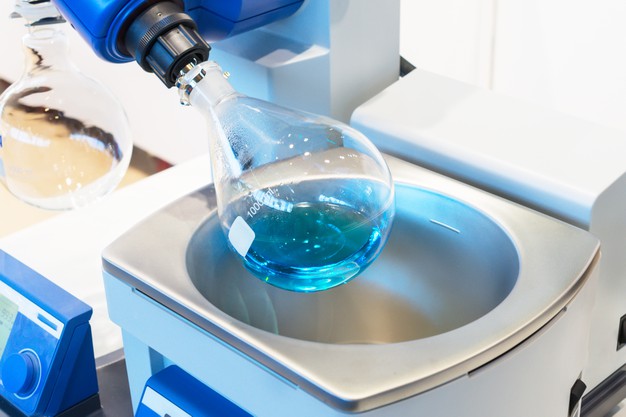
It is a spontaneous process that occurs at room temperature due to the movement of high-energy liquid molecules escaping into the air. A molecule in a fluid has a certain degree of freedom of movement and has different amounts of kinetic energy. Therefore, molecules with high amounts of kinetic energy tend to escape into the stress-gaseous phase which can hold them back. Typically, the molecules that evaporate are on the surface of the liquid because they require a small amount of energy to escape the liquid phase. However, a lower percentage of molecules deeper in the liquid can evaporate, provided that they have a sufficient amount of kinetic energy to get past the surface of the liquid that survived the collision of the liquid.
Evaporation occurs as long as the air above the liquid remains unsaturated. This means that the air above the liquid should be able to accommodate the molecules of the incoming liquid-vapor. These molecules absorb heat energy from the liquid which is converted into their kinetic energy. Therefore, upon evaporation of liquid molecules, the remaining liquid body temperature decreases.
What is boiling?

As mentioned above, boiling is the process of evaporation of a liquid when its boiling point is heated. The temperature at which a liquid begins to change into its vapor form is called the boiling point of the liquid and is a property of the fluid. When heated, the molecules within the liquid can absorb the provided heat energy and increase their kinetic energy. Consequently, the rate of evaporation increases. This occurs as long as the air remains unsaturated. However, at the point when the internal pressure of the liquid becomes equal to the external pressure (ambient pressure), the conversion of liquid molecules into vapor is called ‘boiling’. ‘
This process takes place at a constant temperature, and the temperature remains constant until the entire liquid body is transformed into its vapor form. Unlike the case of evaporation, the entire liquid body participates in the boiling process.
Differences between evaporation and boiling
Some of the major differences between evaporation and boiling are enlisted in the chart:
| Evaporation | Boiling |
| Evaporation is the process of evaporation of a liquid at room temperature. | Boiling is the process of evaporation of a liquid at the boiling point of a liquid. |
| Evaporation occurs at any temperature. | Boiling takes place only at the boiling point of the liquid, and this temperature remains constant from the beginning to the end of the boiling process. |
| Evaporation mainly occurs on the surface of the liquid. Therefore, surface molecules participate in this process most of the time. | Boiling takes place throughout the liquid. |
| When evaporation occurs, the temperature of the liquid body decreases. | The temperature remains constant throughout the boiling process. |
| Evaporation continues as long as the air over the liquid remains unsaturated. | Boiling occurs when the internal fluid pressure is equal to the external pressure (ambient pressure). |
Conclusion
We discussed all the major differences between evaporation and boiling. If you want to ask any questions regarding this blog post, feel free to ask us. We will be glad to answer your questions. Please share your thoughts and what did you like most in this article.

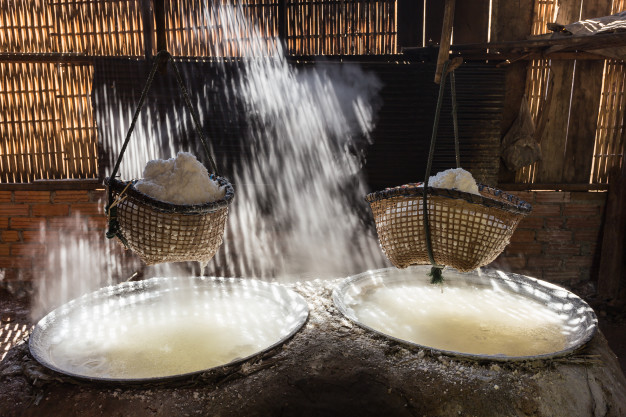

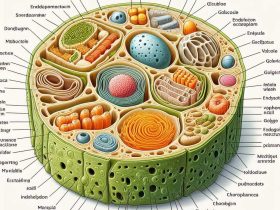
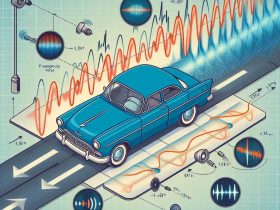
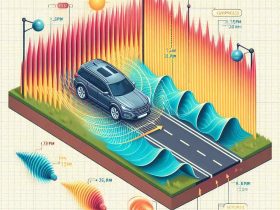
Leave a Reply